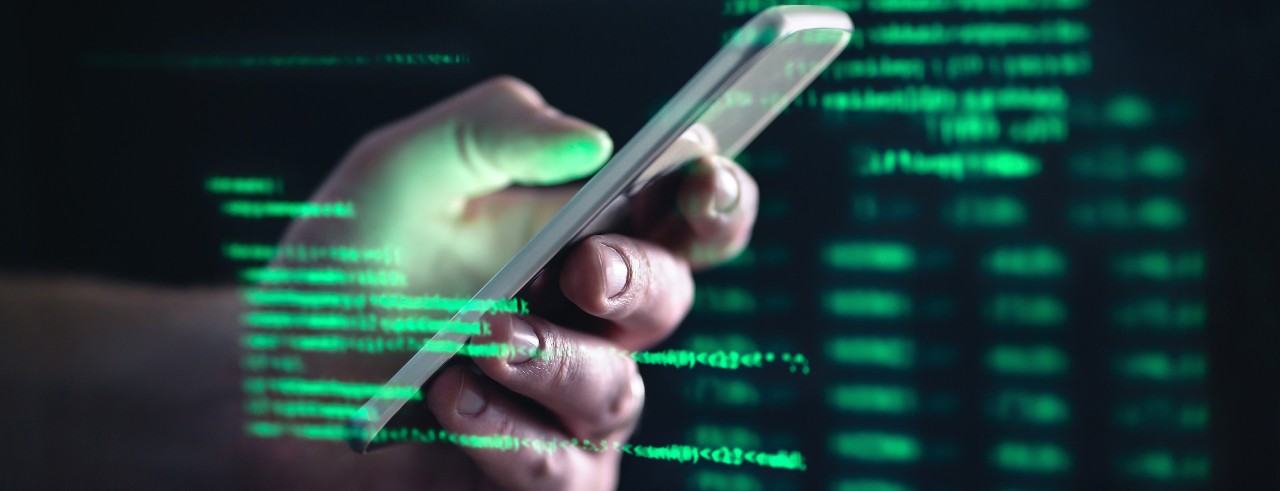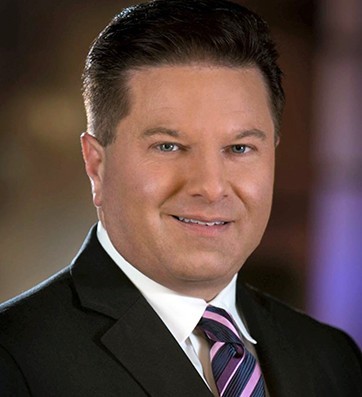
Study tests whether election truths can combat lies
UC study countered election disinformation with factual information, and good did NOT win over evil
Can the dissemination of true election facts by state officials counteract the flood of disinformation perpetrated by adversaries intent on disrupting the American electoral process?
It doesn’t appear so, and may even do more harm, says timely new research out of the University of Cincinnati Center for Cyber Strategy and Policy.
A team of political scientists and communications experts at the center surveyed nearly 9,000 Americans to determine the effect of positive messaging from state boards of elections to counter election disinformation.
Preliminary findings, published in The London School of Economics American Politics and Policy blog a week ahead of one of the most contentious presidential elections in modern history, concluded that attempts to correct disinformation about elections are generally ineffective, regardless of whether the voter is a Democrat or a Republican.
The study shows the inherent difficulty of countering disinformation. By the time corrective efforts are made, the information environment is too polluted for factual statements to reverse the damage.
Brian Calfano UC associate professor of political science and journalism

Brian Calfano is an associate professor with joint appointments in journalism and political science at UC and a political reporter and producer for Nexstar Media Group. Calfano appears regularly on CTV News Channel, Global News Toronto and Sky News.
“The study shows the inherent difficulty of countering disinformation,” says the study’s co-author Brian Calfano, a UC associate professor of political science and journalism. By the time corrective efforts are made, the information environment is too polluted for factual statements to reverse the damage.”
Calfano and his UC colleagues began to study ways to combat election disinformation in 2018, citing delegitimization of the 2020 election as the greatest threat to American democracy.
“Although the United States has made significant strides toward ensuring the integrity of the electoral process, popular perceptions of the election system have spiraled amid mounting fears of fraud, voter suppression and foreign interference,” he says. “This decay in public confidence has been actively stoked by foreign adversaries through social media.”
Of paramount concern: if adversaries and domestic actors raise so many doubts in the minds of voters that they do not trust who wins the election, then the president will be fundamentally weakened as a leader, says Calfano.
The experiment simulated a disinformation attack on the 2020 election that attempted to delegitimize the vote-by-mail process as well as counter-messaging efforts by a secretary of state offering factual information.
“Our research found that while the attacks themselves had a significant effect in eroding perceptions of the voting process, the corrective efforts foundered,” says co-author Gregory Winger, UC assistant professor of political science, who specializes in cybersecurity, international security and U.S. foreign policy.
The counter-disinformation messages by a secretary of state, Winger says, were largely lost amid the information deluge in a simulated social media environment and may even have negatively affected voter perceptions by amplifying the issue of election security.
These findings, the researchers say, illustrated the uphill battle that government officials face in trying to counter electoral disinformation and delegitimization within a contested information environment.
Others who contributed to this study are Richard Harknett, professor and head of UC’s Department of Political Science and Jelena Vicic, a PhD candidate at UC and an Ohio Cyber Range Institute predoctoral fellow.
Featured image at top: Illustration shows person holding a cell phone and scrolling through data. iStock/Tero Vesalainen
Impact Lives Here
The University of Cincinnati is leading public urban universities into a new era of innovation and impact. Our faculty, staff and students are saving lives, changing outcomes and bending the future in our city's direction. Next Lives Here.Replace with your text
Related Stories
German TV highlights UC expert's ancient Maya discoveries
March 2, 2026
The German television show 'Unsolved Case' talks to a University of Cincinnati expert about ballcourts used by the ancient Maya for a program examining how people used spheres as both tools and toys.
UC studies supplement, therapy alternatives to treat depression
March 2, 2026
Media outlets including Cleveland.com and Cleveland's WKYC News highlighted a new University of Cincinnati clinical trial funded by an approximately $3.5 million grant from the National Institutes of Health’s National Center for Complementary and Integrative Health to test two new nonpharmacological treatments for teens and young adults with depression.
Did plants nearly wipe out all marine life on Earth — twice?
March 2, 2026
An expert on global mass extinctions at the University of Cincinnati provided context to a new study examining the spread of the first land plants on Earth between 360 million and 540 million years ago.
